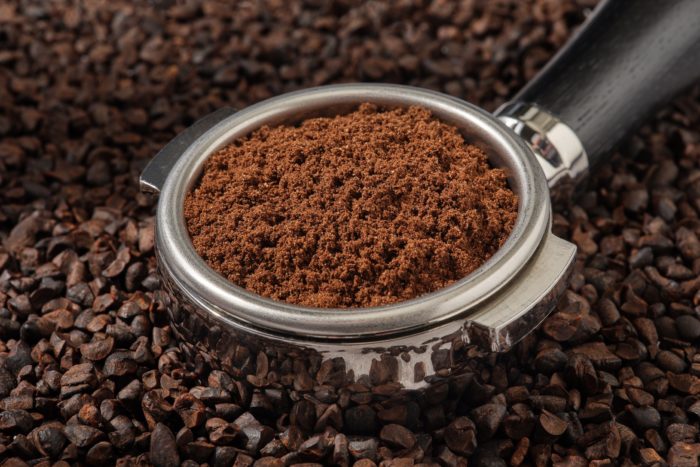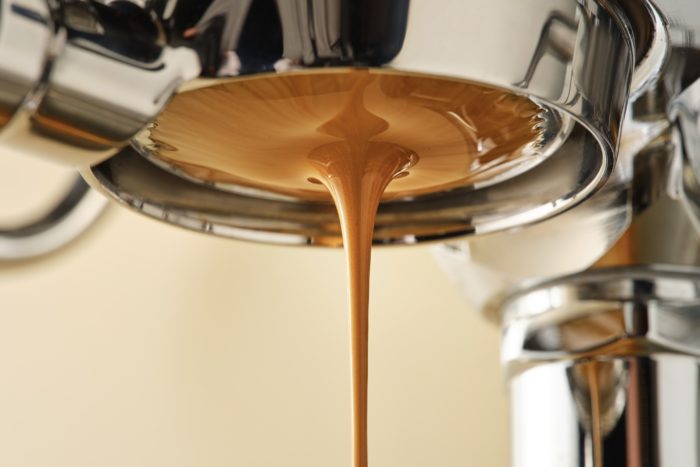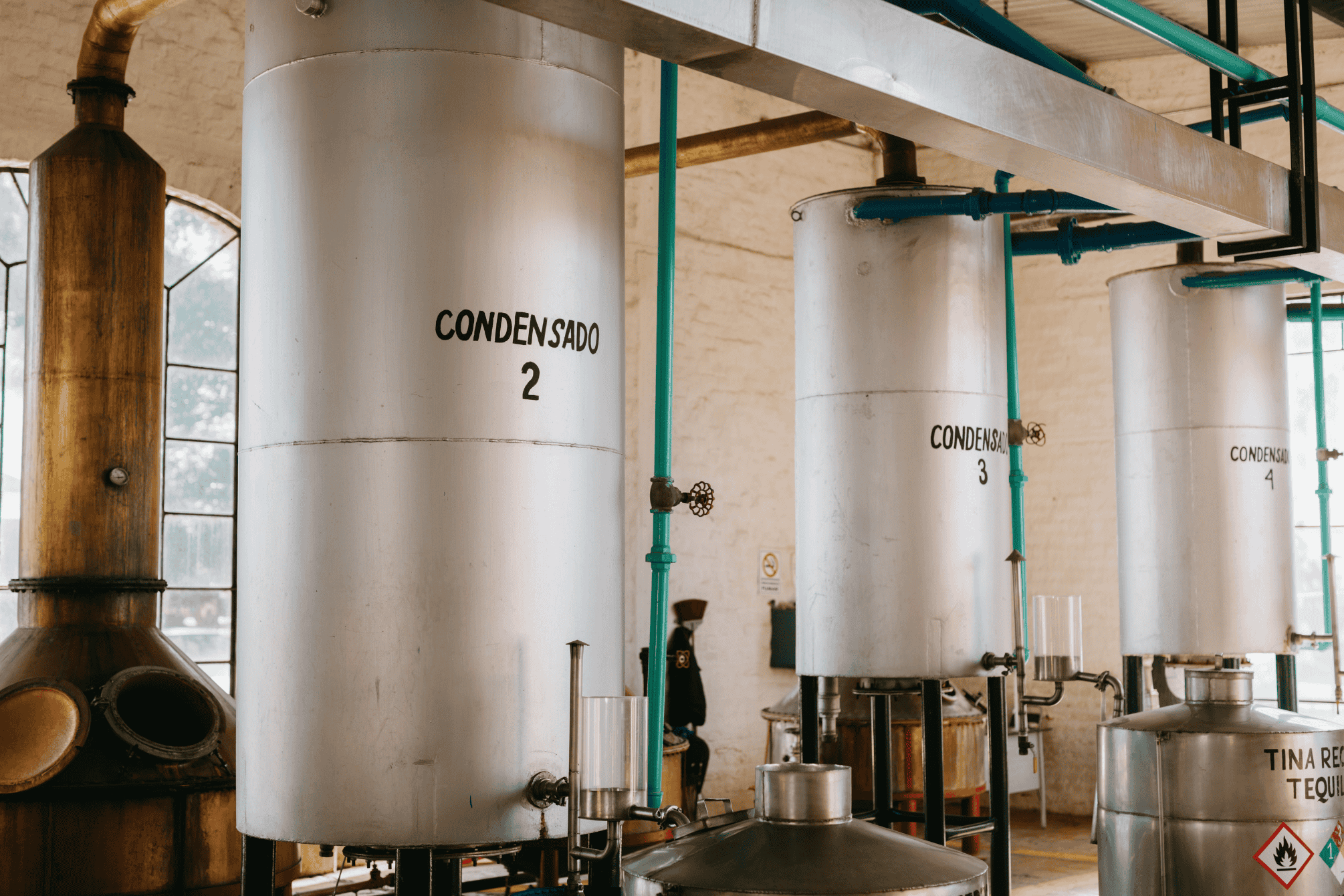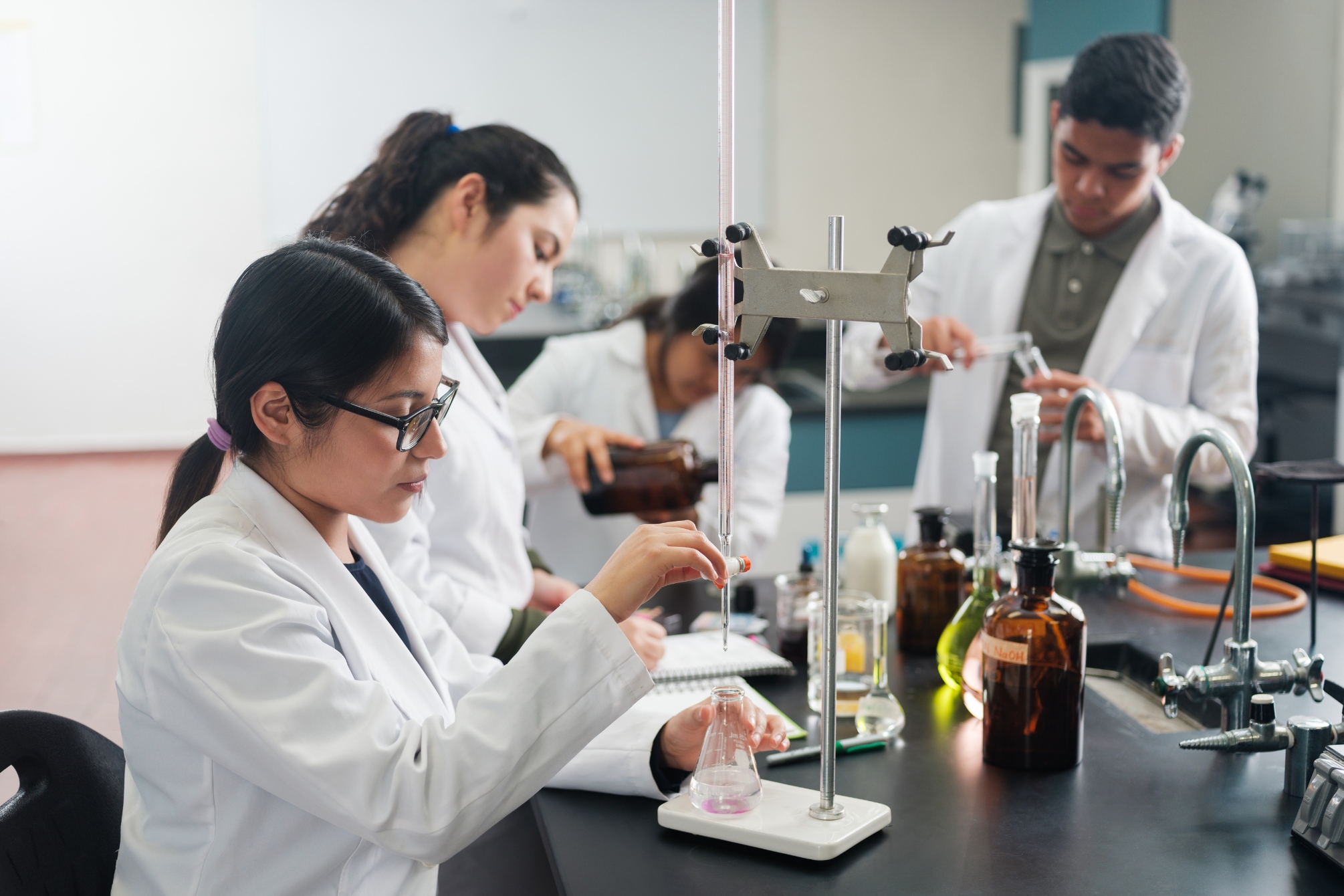- ABOUT US
- INVESTMENT FUND
- PARTNERSHIP SERVICES
- IMPACT INITIATIVES
-
SPACES
- HONG KONG
- Co-working space
- Event Space
- Prototyping Lab
- LONDON
- Co-working space
- Event Space
-
FABRICA X
- HONG KONG
- Campaign
- Events
- Online Store
- LONDON
- Exhibition
- Retail
- Subscribe
Coffee is woven into daily routines worldwide, vying with tea for the spot as the world’s most consumed beverage. But as we saw in our last post, the industry faces mounting challenges—from climate change to supply disruptions—that are pushing innovators to rethink how we enjoy our favourite brew. In this article, we’ll look upstream at new ways to produce coffee and coffee alternatives, then we’ll look downstream at reducing or repurposing coffee waste.
1. Beanless Coffee
What if your coffee wasn’t made from coffee beans at all? That’s the premise behind several innovative companies crafting coffee alternatives by blending upcycled ingredients to mimic the flavour and kick of traditional coffee. These companies rely on some expected ingredients like tea, chicory, and roasted beans, as well as some more surprising ones like dates, barley, and grape seeds. By using low-value products and plants grown in temperate regions, these companies can avoid supply chain disruptions, deforestation concern, and climate change impact affecting traditional coffee.
Take Atomo Coffee, a US startup known for its beanless cold brews. Atomo has reverse engineered the compounds that give coffee its flavour and reassembled them from a blend of other plant materials and extracts. The result? Drinks that taste remarkably like coffee but according to Atomo, use 94% less water and emit 93% less carbon than regular coffee production.
Similarly, companies like Prefer, Minus, and Morrow use fermentation to unlock complex flavours from plant-based ingredients, and then roast and grind them, just like you would with coffee. This allows for fine-tuned and complex flavour profiles like with specialty coffee.
Recently debuted Koppie is working on fermenting and roasting whole legumes, to create an experience closer to fresh-ground coffee. Although these alternative coffee products are still niche, cafe chains like Starbucks, instant coffee producers like Nestlé, and ready-to-drink giants like Suntory are taking notice, showing support with investment and partnerships.
Photo credit: Atomo Coffee

2. Enabling New Varieties of Coffee
While some companies focus on removing the coffee plant from the equation, others are innovating directly with the coffee plant itself. Climate-adapted coffee varieties can help overcome the impact of climate change. Historically, the development of new varieties of coffee has been done by NGOs or governmental research centres. Coffee trees can take five years to bear fruit, so developing new varieties of coffee can be a difficult proposition for companies looking for a faster return on their investment.
French startup Amatera Biosciences is accelerating coffee breeding to create varieties better suited for climate-change pressures. Amatera uses plant cell culture techniques and molecular biology to speed up breeding, harnessing the plants’ natural evolution without genetic modification. They are working to develop “Robustica”—which combines Arabica’s smooth flavour with Robusta’s higher yields and climate resilience—as well as a naturally caffeine-free Arabica. Amatera’s strategy is four to five times faster than traditional breeding, offering hope for a sustainable coffee future.
Photo credit: Atomo Coffee

3. Brewing Cellular Coffee
Pushing the biotech frontier further, some startups are experimenting with cultivating coffee at the cellular level to produce coffee without beans. They are growing coffee cells in fermentation tanks, similar to the process for brewing beer. These cells can be dried to produce a powder with all the same flavour compounds as the coffee the original samples were taken from. This would let them produce coffee while sidestepping agriculture entirely.
California Cultured recently announced that they’re scaling up their continuous plant cell fermentation process in partnership with Pow.Bio,1 and are developing cell-cultured coffee using the same platform as their flagship cultured cocoa. Other cell-culture-focused startups include Food Brewer, Another Food and Pluri spinout Coffeesai.
Image: picture via Canva.com

Valorising Coffee Waste – Giving a Second Life to Coffee Grounds
Most startups in the space focus on what happens before you get your cup of coffee, but there’s also a lot of impact in considering what happens after. The coffee industry generates vast amounts of waste—you might remember from our last post that waste and loss accounts for around a third of coffee’s greenhouse gas emissions. Recycling that waste can help reduce the impact of the coffee industry overall.
Coffee grounds are usually dumped in the trash, but they contain useful materials like coffee oil, sugars, and plant fibre. Companies like Ecobean and Kaffe Bueno are extracting these products to give a second life to coffee grounds and reduce waste going to landfills.
Image: picture via Canva.com

The Future’s Brewing
As coffee’s global popularity continues to soar amidst growing environmental pressures, these innovations offer promising sips of hope. Whether you’re a traditionalist savouring a flavourful but sustainable espresso or an adventurer eager to try beanless or cultured brews, the future of coffee is looking diverse, sustainable, and remarkably creative.